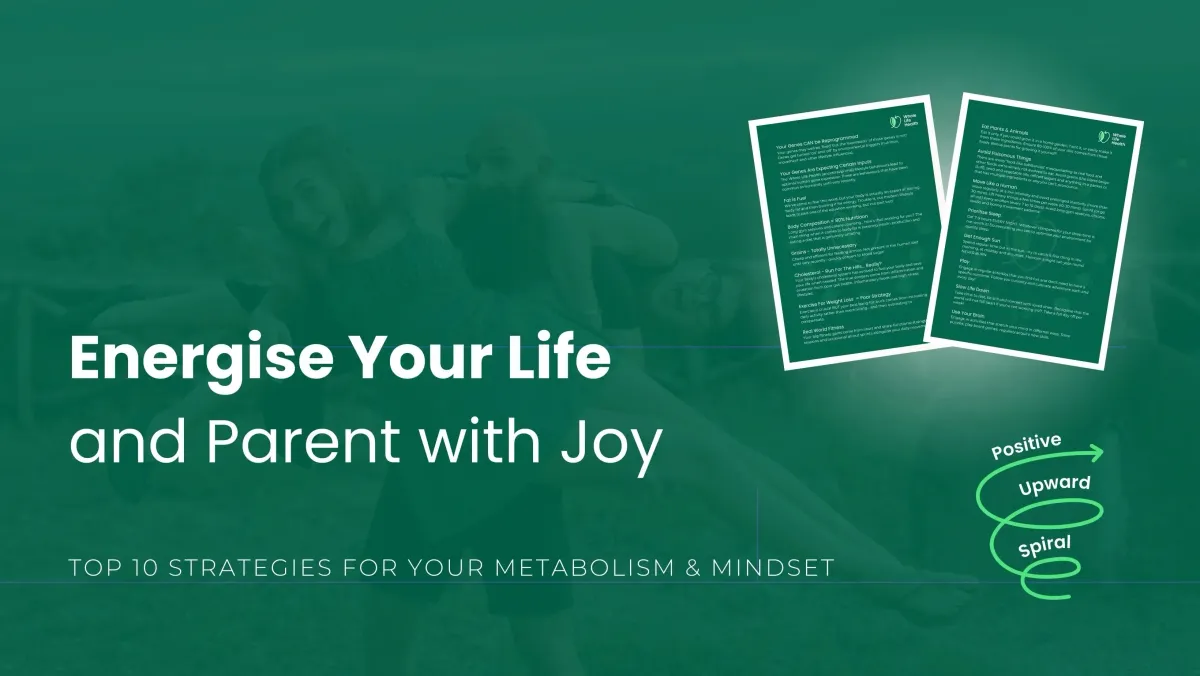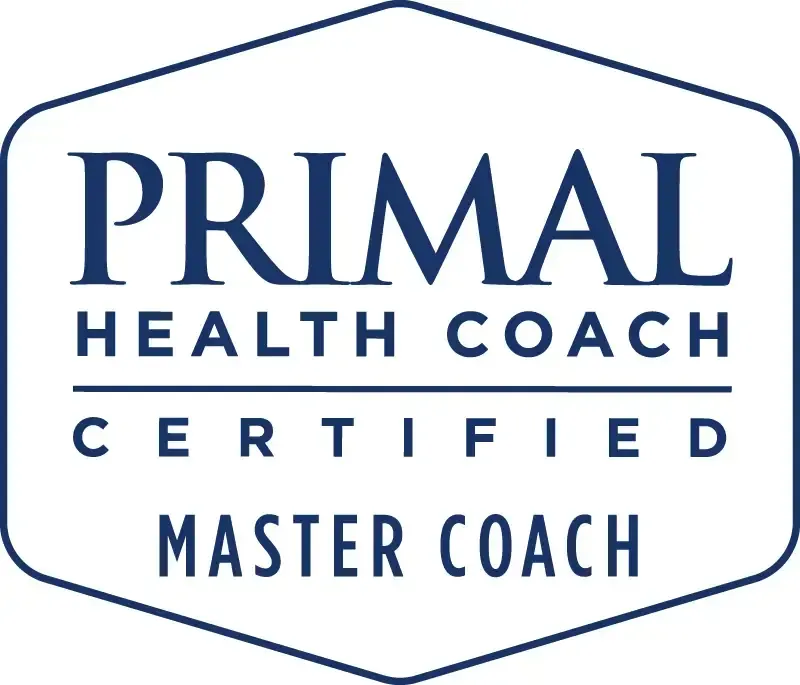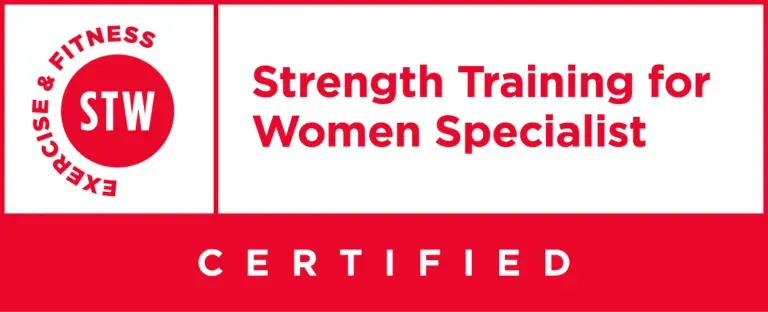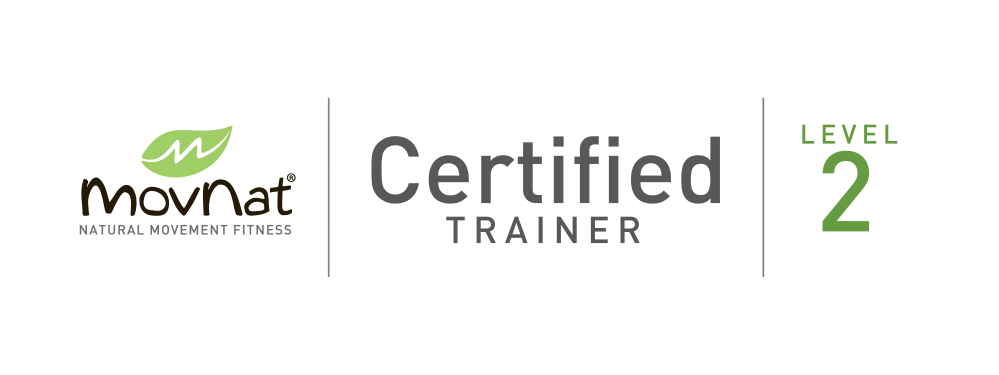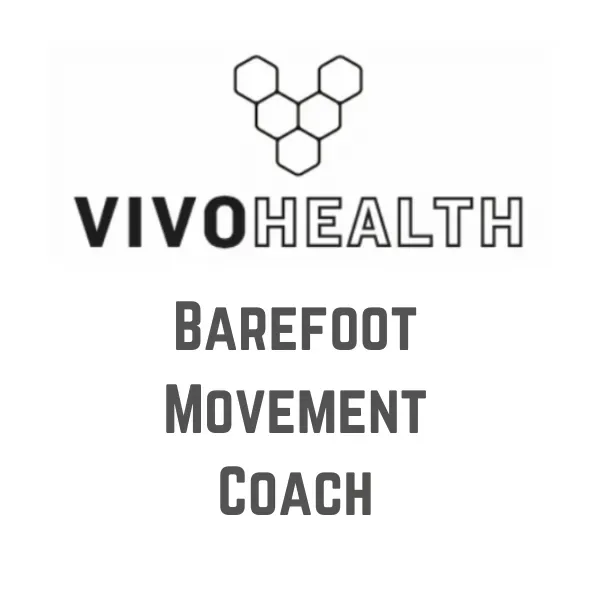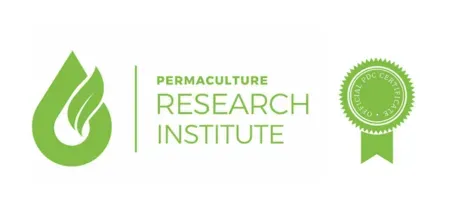
Low Testosterone & Obesity: The Ancestral Solution
Did you know that your lifestyle has a profound effect on your hormones, especially testosterone? In today’s world, obesity and low testosterone are becoming increasingly common—particularly among men—but they’re not inevitable.
At Whole Life Health, we believe that understanding the wisdom of ancestral living can help break this cycle and restore your health, energy, and confidence.
In this guide, we explore how nutrition, movement, sleep, and community—through the lens of a primal lifestyle—can support healthy testosterone levels and help you feel your best again.
The Vicious Cycle: Obesity and Low Testosterone
Low testosterone and excess body fat are deeply connected—and not in a good way.
When body fat increases (especially belly fat), testosterone tends to drop. This happens partly because fat cells can convert testosterone into estrogen, which throws off the hormonal balance even more. Obesity also reduces sex hormone-binding globulin (SHBG), the protein that helps transport testosterone through the blood.
And the cycle doesn’t stop there. Low testosterone can make it harder to build muscle, easier to store fat, and tougher to feel motivated—all of which can make weight gain even more likely.
It’s a frustrating loop, but one that you can break.
What Does Testosterone Do, Anyway?
Testosterone isn’t just about sex drive or building muscle (although it plays a role in both). It also supports:
Energy and mood regulation
Fat distribution and metabolism
Sleep quality
Bone density
Overall vitality
While it’s, unfortunately, often labelled the “male hormone,” it’s vital for women, too. Low levels can result in fatigue, increased body fat, low libido, poor sleep, and difficulty with concentration or motivation. Accumulation of belly fat can be particularly problematic for women as they head toward and beyond menopause... more on that another day.
The Ancestral Answer: How Our Evolution Holds the Key
Our modern world—with its processed foods, sedentary routines, blue light, and stress overload—works against ideal human hormone levels. But our bodies are wired for a different way of living.
By aligning our habits with ancestral principles, we can help restore more optimal hormone levels and reclaim our health.
Here’s how to bring those primal practices into your life:
1. Eat Like Your Ancestors
The foundation of hormonal health begins with what you put on your plate. Ancestral diets—often described as Paleo or Primal—focus on real, unprocessed, nutrient-dense foods:
Lean proteins: Grass-fed meat, wild-caught fish, and free-range eggs support muscle repair and testosterone production.
Healthy fats: Think avocados, nuts, seeds, olive oil, and oily fish. Fats are the raw materials your body needs to make hormones.
Fruits and vegetables: Packed with fibre, antioxidants, and vitamins that reduce inflammation and support overall health.
Avoiding refined carbs, sugar, and industrial seed oils is critical—these modern culprits can spike insulin, increase body fat, and suppress testosterone.
2. Move Like a Human
Our ancestors didn’t need a gym—they moved naturally all day long. Embracing movement as a lifestyle can work wonders for testosterone and energy:
Strength training: Lifting heavy (especially using compound movements like squats and deadlifts) is a proven testosterone booster.
Functional movement: MovNat-style training—climbing, crawling, balancing, carrying—trains the body as a whole and builds resilience.
Daily movement: Walk, stretch, squat, play. Break up long sitting periods. Movement doesn’t need to be intense—just consistent.
Movement builds muscle, lowers body fat, and boosts mood—all of which support healthy testosterone levels... and then testosterone, in turn, supports those!
3. Prioritise Deep, Restorative Sleep
Sleep is when your body repairs, recovers, and excels in producing hormones. Testosterone production peaks during REM sleep—especially in the early morning hours.
Prioritising rest isn’t optional—it’s essential.
Tips for better sleep:
Stick to a regular bedtime/wake time (yes, even at the weekend)
Wind down with a screen-free routine and dim lighting
Use blackout curtains and keep your room cool and quiet
Practice calming breathwork or meditation before bed
Sleep isn’t just about quantity—it’s about quality. Create a sleep sanctuary and treat rest like your superpower... because, it is!
4. Find Your Tribe
Connection is a core human need. Our ancestors thrived in tight-knit communities, and we’re no different. Strong relationships support mental and emotional well-being—both of which impact hormones.
Join a community like The TRIBE to stay accountable, inspired, and connected
Take part in group workouts or wellness events
Don’t isolate—share your journey with others who lift you up
Stress, loneliness, and isolation can lower testosterone. Community heals, motivates, and keeps you aligned with your goals.
5. Watch Out for Modern Hormone Disruptors
Not all threats to testosterone are visible. Everyday items can have a hidden hormonal cost:
Plastics and chemicals: Avoid BPA, phthalates, and other endocrine disruptors in packaging and personal care products
Blue light and EMFs: Reduce screen time in the evening. Switch off Wi-Fi overnight. Consider blue-light-blocking glasses if needed
Chronic stress: Cortisol (your stress hormone) has an inverse relationship with long-term testosterone production. Manage stress through mindfulness, movement, and breathwork
Awareness is the first step. Small changes here can have a huge impact.
Red light therapy helping reduce oxidative stress, calm inflammation and support mitochondrial health... all helping with optimal testosterone production.
6. Get Expert Guidance
If you’re not sure where to start—or you’ve tried everything without results—it might be time to bring in support.
Working with a health coach or wellness practitioner can help you:
Get clarity on your current lifestyle patterns
Create a personalised, ancestral-based plan
Stay accountable and supported through every step of the journey
At Whole Life Health we're here to walk that journey with you.
Ready to Reclaim Your Health?
This isn’t about chasing 'perfect' hormones or 'hormone balance'—it’s about reclaiming your vitality and living life on your terms.
Whether you’re struggling with weight, energy, sleep, mood or 'getting it up', addressing your testosterone naturally can lead to big changes in how you look, feel, and perform.
Take the first step: Book your FREE health strategy call here.
Let’s map out a clear, practical plan that aligns with your goals and helps you build sustainable health from the inside out.


